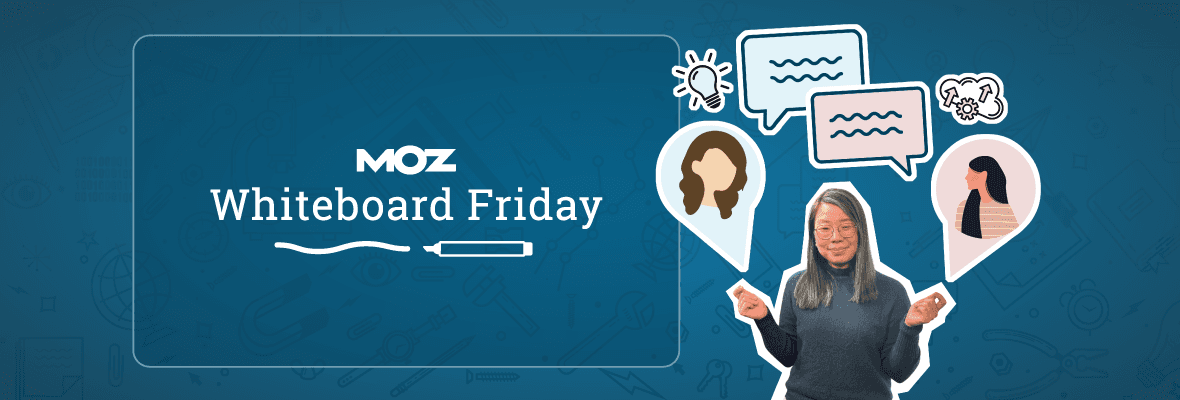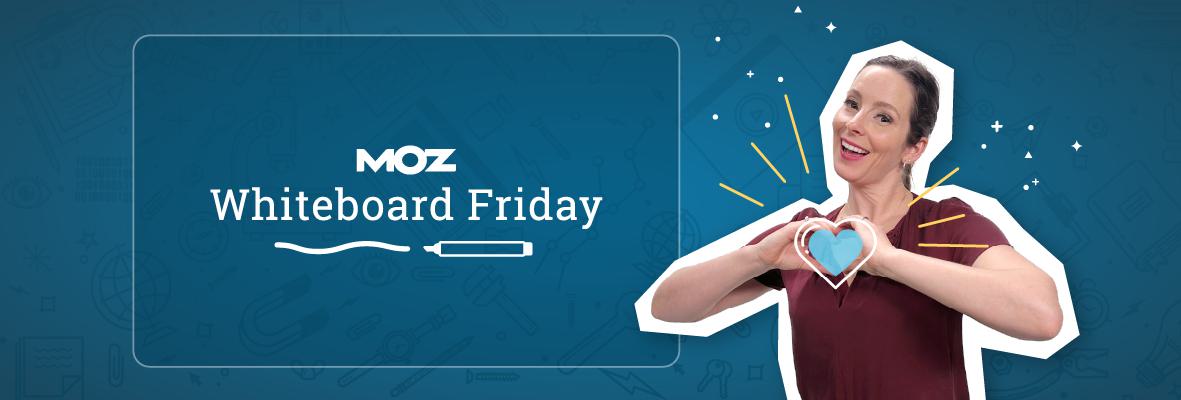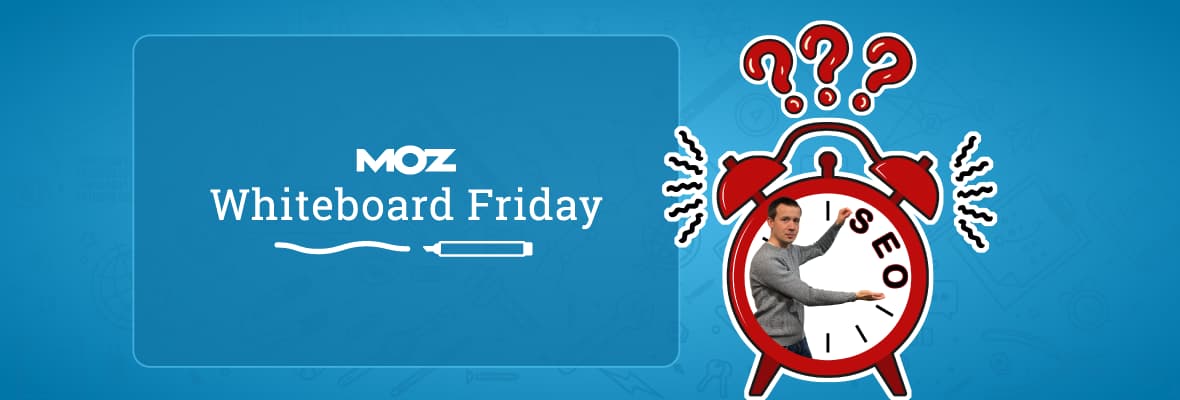

Elevating Your SEO Career and Team in the AI Era — Whiteboard Friday
Discover how to thrive in an AI era with Travis Tallent's SOAR framework. Learn to Streamline processes, Orchestrate teams, Automate tasks, and Reposition your focus for career success. Perfect for SEO pros looking to level up their skills and lead high-performing teams.




![How to Create an SEO Forecast [Free Template Included] — Whiteboard Friday](https://moz.rankious.com/_moz/images/blog/banners/WBF-SEOForecasting-Blog_Header.png?auto=compress%2Cformat&fit=crop&dm=1694010279&s=318ed1d453ed4f230e8e4b50ecee5417)




















